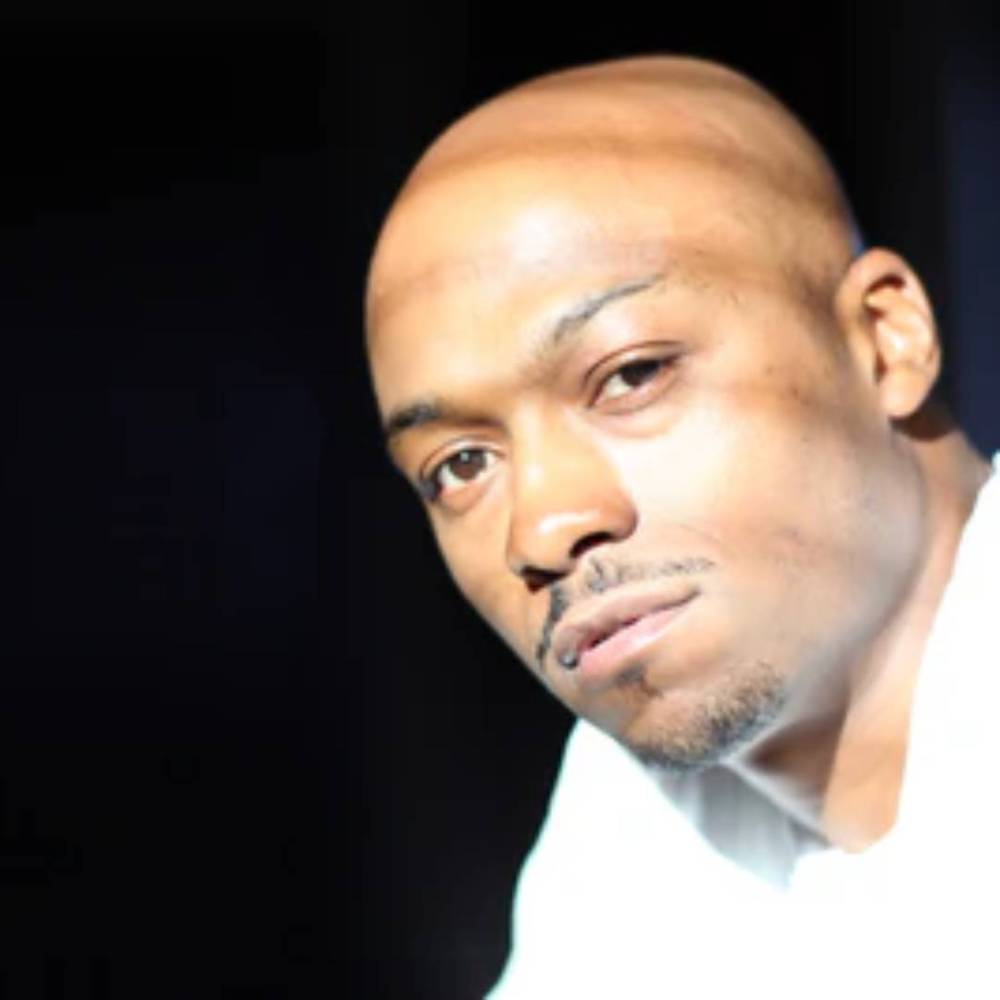Imaga via Ka/Website
Most airport bookstores don’t carry Will Hagle ‘s book, but that’s okay because he leaves free signed copies in airport bathrooms.
Many MCs have invoked the samurai. Few have embodied the seven virtues of Bushido – integrity, respect, heroic courage, honor, compassion, honesty and loyalty—in such an all-encompassing manner as Ka. His integrity was evident: each meticulously crafted album was self-produced and self-released on his own schedule. He released them only when he was ready, without regard for the fickle nature of popular relevance.
The Brownsville rapper’s respect for his audience and peers reflected back on him tenfold. His integrity and respect within the music industry would have been heroic and courageous enough, but he also worked as a firefighter, who was one of the first responders on 9/11. The rest of the virtues go hand in hand with those already mentioned, but rest assured Ka was honorable, compassionate, honest, and loyal until the day he tragically died.
In his creations, there is a deep ethic of integrity that feels almost alien in late capitalist America. Where others faltered, he persevered. He lived not necessarily by an ancient Japanese code, but by a unique code of his own making. He did everything differently, and yet (or because of this), his art still cut through. Morality, he told us on Honor Killed the Samurai, however, wasn’t as black and white as the album cover. Ka was always conflicted.
In “Conflicted,” Ka portrayed the duality between moral righteousness and transgression – as well as the middle ground that Ka struggled to transcend. In the hook he says that his mom taught him to be good, while his dad taught him that being bad is often necessary for survival. He contained both worldviews within him.
In the first verse, Ka talked about violent acts born out of poverty, out of necessity. It’s not a justification, but an explanation. When Ka recounted tales of robbery it wasn’t nostalgic or celebratory. It was honest and honorable. The album’s opening lyrics were, “I strain to obtain so I could give more.”
Honor Killed the Samurai was my introduction to Ka. 2016 marked the beginning of every internet-addled person declaring each subsequent year to be the worst ever. The divisive chaos of that election and the constant onslaught of horrific news conjured a Category 5 hurricane of despair that hovered over the country from Brownsville to Los Angeles.
I didn’t realize then, but I do now: Honor Killed the Samurai was the eye. Ka was a calm, centering presence. Talking about shooting his gun conveyed menace but also the opposite. There was comfort in the nuance. Ka wrote and edited each line until it contained a feature length film’s worth of conflict. Honor Killed the Samurai was necessary in a turbulent year but it also transcended it. Not just because Ka’s music is timeless, but because categorizing anything as good or bad, wrong or right, is never as straightforward as it seems.
People lump Ka in with “drum-less” producers, but oftentimes there is some sort of percussion present in his mixes. Whereas most pop producers would push drums to the forefront as the primary driver of rhythm, Ka EQs them to a tinny almost-silence. Bombastic beats couldn’t compete with his hushed vocals, which are the reason to listen. The sounds around him serve as an augmentation.
Listening back to his discography after his death, I’ve been marveling at every little touch he put into his songs. Other rappers would punctuate punchlines with an adlib. Ka acts like his own psychedelic hype man, repeating lines and layering them with a subtle hypnotic delay. These enhanced lyrics could stand alone without any production flourishes, like my favorite from “Conflicted”: “I speak brass tacks til my last acts, my gift might be missed if mixed with trash raps.”
Ka didn’t seem to find conflict between his day job and his art, even as the media tried to make something out of it. He wasn’t trying to be an artist who kept getting sucked back into his work. He was an artist, perhaps more so than many professional musicians, because he had a different source of primary income. We tend to think of music in capitalistic terms. We stress over album sales. We think that in order to be a musician that has to be all you do for money. That once you’ve “made it,” you can quit your day job and do music full time. This is misguided thinking and increasingly difficult in modern times when everyone is thinking what Ka repeats in an intensely blunt repeated punctuation on “$: “I need money.”
Music wasn’t Ka’s main gig, but It wasn’t a hobby either. It was a calling, a vocation, a necessity. What he lacked in mainstream monetization he made up for in critical adoration and endless respect from his peers and contemporaries. His art was full of conflict, but it’s impossible to feel conflicted about appreciating it. His loss is horrendous. We’re left without the greatest example of how an artist and person can and should be. But like the way of the samurai resurrecting centuries later, the times he left behind and the memories we still have will carry on forever.


